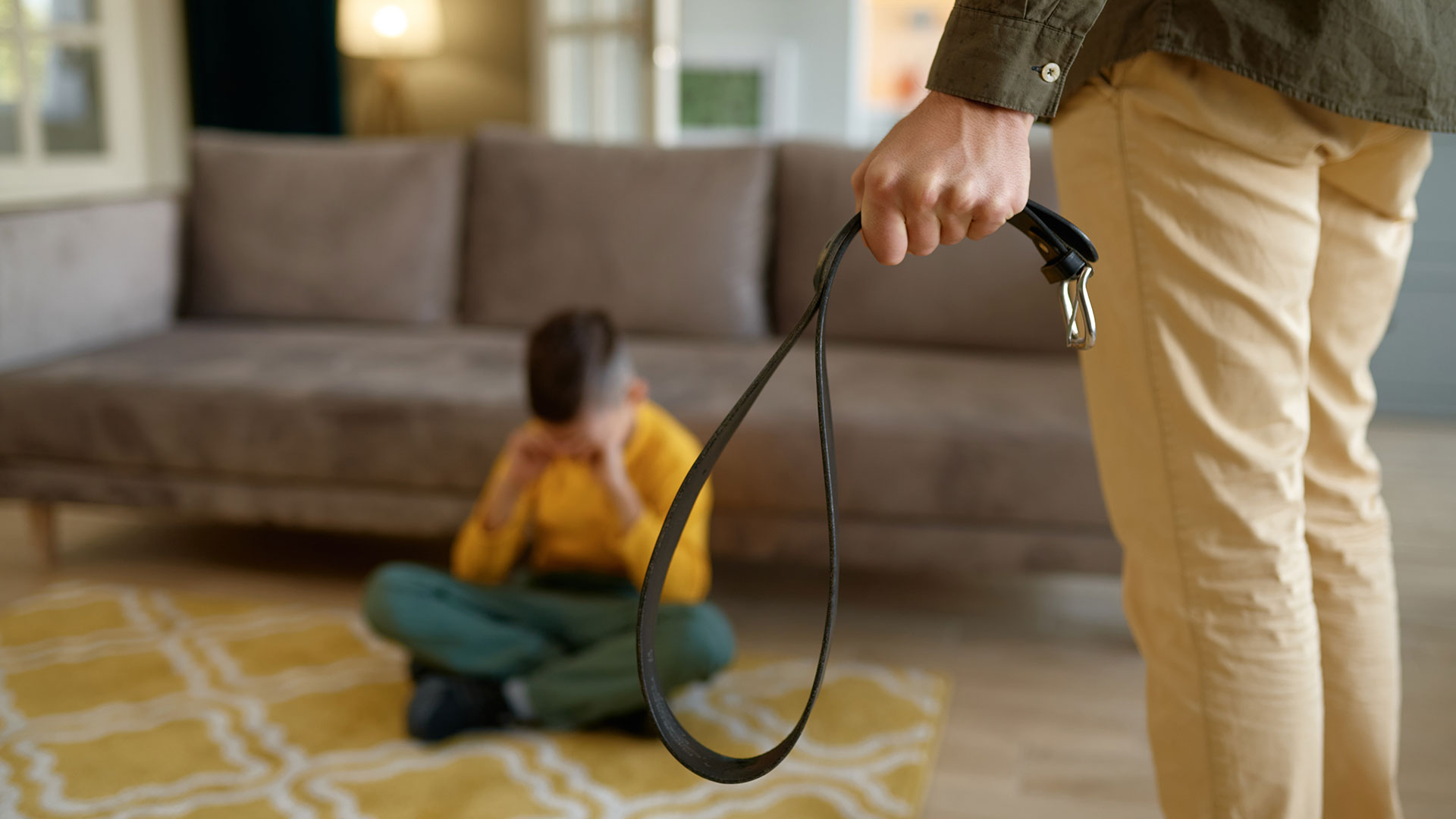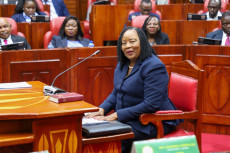In a quiet village years ago, a child’s cry would stir not only the mother but the entire community. A grandmother would soothe with stories from the fireplace, an uncle would teach through tasks, and a neighbor would scold with authority.
Parenting was communal, structured, and disciplined. Respect was not requested it was demanded.
Today, in a two-bedroom apartment in the city, a mother scrolls through parenting blogs while her toddler watches cartoons on a tablet. Discipline is delayed until emotions are understood, and every parenting step is measured sometimes even judged through the lens of modern society.
The journey of parenting has shifted, shaped by time, technology, and changing values.
In ancient times, children were expected to follow their elders without question. Their roles in the home and society were clear.
They helped in farms, fetched water, or looked after younger siblings. There was no room for negotiation. Punishment, often physical, was viewed as part of growth. There were few conversations around feelings life was more about survival and duty.
Fast forward to today’s urban life, where parenting has become more intentional. Parents read books, attend seminars, and follow child development experts on social media.
The aim is to raise emotionally intelligent, confident, and self-aware children. Instead of enforcing respect, modern parents often seek to earn it through connection and mutual understanding.
Technology has further transformed the family space. Where once stories were told by the fire, they’re now watched on YouTube. Grandparents, who were once key figures in shaping a child’s upbringing, have taken a backseat in many modern households.
The extended family has been replaced by the nuclear unit, and in many cases, single parents are raising children alone.
Fatherhood has also evolved. Traditionally, fathers were distant figures breadwinners and disciplinarians. Today, many fathers are present at school events, change diapers, and cook meals.
The line between parental roles is fading, replaced by a shared commitment.
But it isn’t all smooth. Modern parenting comes with pressure. There’s anxiety over screen time, school performance, mental health, and social behavior.
Many parents feel isolated, without the village that once surrounded families. Others grapple with guilt trying to balance career growth and quality time with their children.
Still, both worlds share a common thread love. Whether taught through the firm hands of a grandmother or the gentle embrace of a mindful parent, children have always grown in the care of those who wish them well.
The question that lingers is not which era did it better, but how lessons from both can blend to raise healthier, wiser generations.
In the end, perhaps the old age still holds true: it takes a village to raise a child even if that village today includes Google, grandparents, and gentle parenting podcasts.

